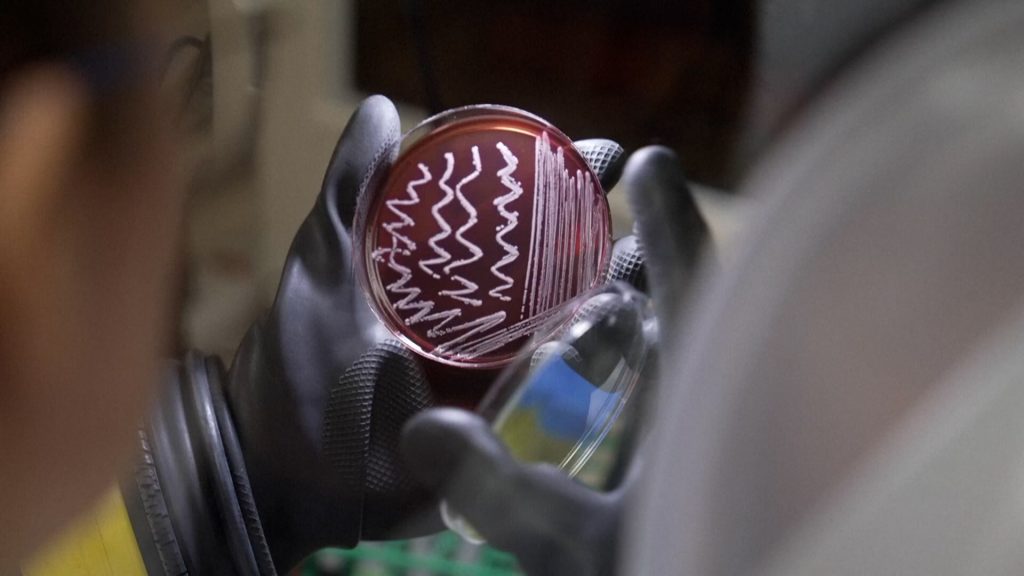At-home gut microbiome tests grow in popularity, but experts say they’re limited

At-home gut microbiome tests are growing in popularity, marketed as tools to unlock insights into digestion, immunity and even mental health. But doctors and microbiologists say the science behind many of these kits is still developing — and that consumers should manage their expectations.
How do microbiome tests work?
Private companies now sell the tests for $100 to $500 or more, promising to catalog the bacteria in a person’s intestines and compare them with what the companies describe as an “ideal” microbial balance.
A typical test involves collecting a stool sample with a swab or wipe, then mailing it to a lab for analysis. Customers receive a report describing the diversity of microbes in their gut and how that compares with an optimal mix.
Experts stress caution
Dr. Gang Fang, who leads the Center for AI-Driven Genomic and Microbiome Medicine at the Icahn School of Medicine at Mount Sinai, said the gut microbiome is “a living ecosystem composed of trillions of bacteria, fungi and viruses that live in our intestines.”
He said commercial microbiome tests can provide a broad overview of microbial diversity, but cautioned that their usefulness is limited.
“Currently, the commercially available gut microbiome test does a good job showing general diversity, but it would take much larger and more rigorously designed clinical trials to determine the mechanisms and specific interventions that could be tailored to individuals,” Fang said.
The benefits of a healthy gut microbiome
Research has linked a healthy gut microbiome to lower risks of liver disease, diabetes and other conditions, and studies suggest it may influence mental health. Still, experts say that doesn’t mean current consumer tests can accurately assess or improve health outcomes.
Physicians who encounter patients bringing in results from these kits say the information is often of limited medical value. Stool tests ordered by doctors typically look for specific problems such as infections, inflammation or cancer — not general microbial diversity.
The post At-home gut microbiome tests grow in popularity, but experts say they’re limited appeared first on Straight Arrow News.





